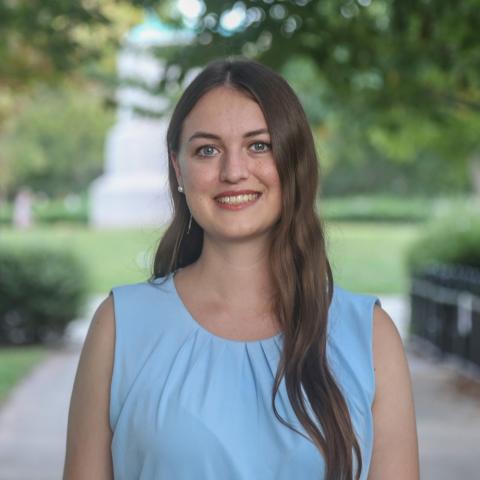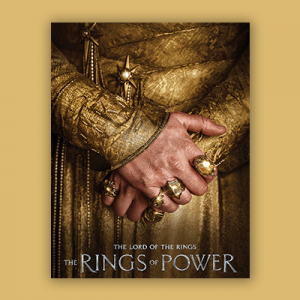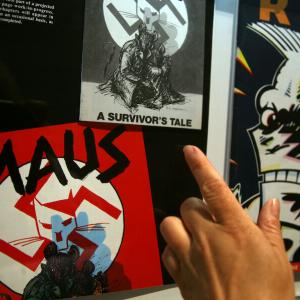
My name is Katie Smart (she/her), and I am excited to join the Sojourners Fellowship Program as this year’s communications assistant. I grew up in the Greater Los Angeles area and have a bachelor’s degree in international studies from American University, as well as a certificate in paralegal studies from Boston University.
While in college, I chose to focus on the topics of human rights and conflict resolution. I spent my junior year studying abroad in the Middle East. During my first semester, I spent my time outside of class volunteering for the African Refugee Development Center in Tel Aviv, where I served as an English tutor and assisted with a project raising awareness of issues impacting women seeking asylum. The following semester, I lived in Amman while interning for Squash Dreamers, an organization that provides sports coaching and English lessons to young Syrian refugee girls. I have also advocated on Capitol Hill and hope to pursue a career in international human rights law in the future.
As someone whose faith strongly influences my commitment to justice and human rights, the mission of Sojourners resonates very deeply with me. I was drawn to the Sojourners Fellowship Program because it seemed like a wonderful opportunity to work toward social justice from a faith-based perspective.
In my free time, I enjoy reading and also have a strong love for music. I have been playing viola since elementary school and minored in music performance in college. I also enjoy hiking and board games, and I’m always happy to start new adventures and try new things.
Posts By This Author
The Rings Are Back
"The Rings of Power" reflects a key theme in Tolkien's writings: We are a world in need of healing, yet never without hope.
THE RINGS ARE BACK. In September, Amazon Prime Video premieres The Lord of the Rings: The Rings of Power, the newest adaptation of J.R.R. Tolkien’s Middle-earth legendarium. From The Hobbit toThe Lord of the Rings trilogy to The Silmarillion, Tolkien is one of the most beloved fantasy authors of all time. His fictional world has captivated generations of readers and inspired countless spin-offs.
The newest series takes place during the Second Age, long before The Hobbit or The Lord of the Rings. It includes some characters portrayed onscreen before and many more not. While a compressed timeline means story changes are expected, fans hope the show retains the essence of Tolkien’s truths rooted in his Roman Catholic worldview. In his essay “On Fairy-Stories,” Tolkien refers to the act of creating fictional stories as “sub-creation.” He writes that humans take pieces of God’s creation and use them to sub-create “because we are made ... in the image and likeness of a Maker.” Because sub-creation is an expression of God’s creativity, Tolkien also believed that fictional stories reflect truth.
Tom Emanuel, a United Church of Christ minister and Tolkien scholar, compares the resilience of Tolkien’s work to that of the Bible. “Why has the Bible continued to resonate for all these centuries? Because it offers us a glimpse of a Truth beyond everyday failures and disappointments, possibility beyond the worst we can do to one another,” Emanuel told Sojourners. Tolkien’s writings reflect the truth of a world in need of healing yet never without hope, a vision that resonates for Christians pursuing social justice.
Searching for ‘Appropriate’ Holocaust Stories Is a Mistake
In Maus, Jews are drawn as anthropomorphic mice, while Nazis are portrayed as cats. The book chronicles the Spiegelman family’s attempts to hide from the Nazis, showing the harshness of life in the ghetto, the desperation of parents attempting to protect their children, and the cruelty of Jews in concentration camps. It even addresses the lingering impacts of the generational trauma of the Holocaust on the Spiegelman family in a way that can only be expressed by someone who experienced it firsthand. The story it tells is dark and disturbing, but the story of Spiegelman’s father and the story of the Holocaust requires such a telling.

